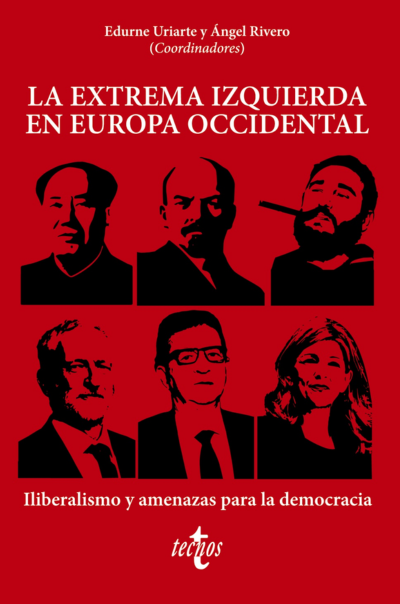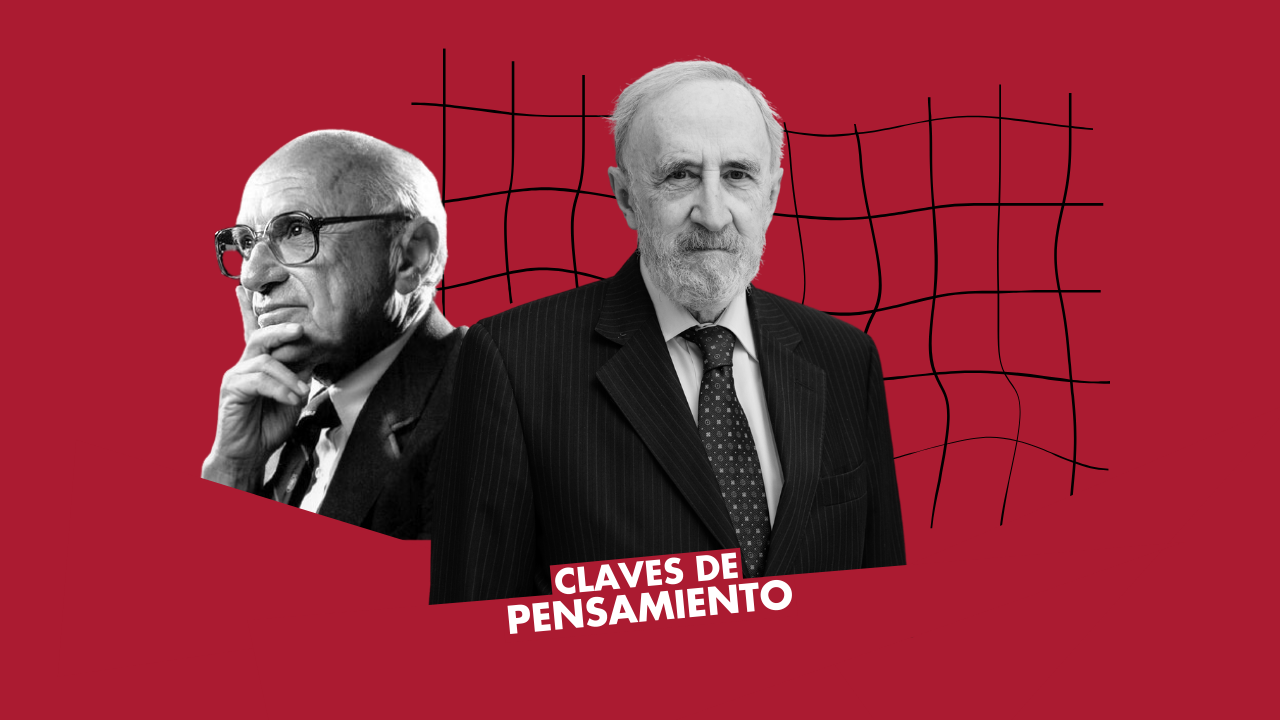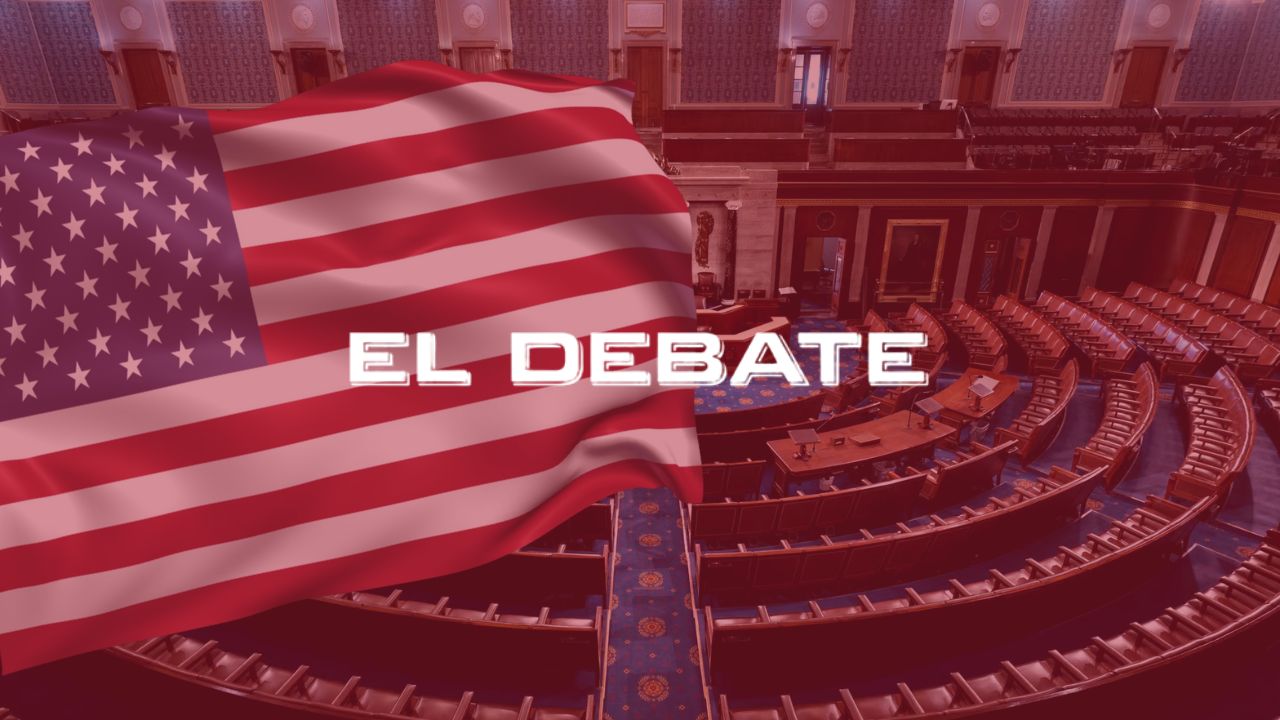When any problem emerges, it is instinctive to determine who is responsible for it. We need to understand what happened, why it happened, and who should have prevented it. The answer to these three questions first helps us describe the event that attacked our comfort zone and then also helps us undertake the evaluation that will allow us to design the strategy that will (at best) dissipate any chance of that event happening again. Answering these three questions is essential. This is especially true when the crisis reaches an international level and where the health of the people, especially that of the elderly, is compromised (this is something that, unfortunately, is currently already affecting us due to the coronavirus).
In political science, as in many other disciplines, a problem is defined as an unwanted or non-ideal situation. When there is a gap between a current situation (X) and an ideal one (Y), it is inevitably true that to go from the first situation to the next, a solution must be established. But does this analysis define the solution to the problem, or the problem to the solution? If we start from the fact that problems are fixed before their solutions are proposed, then we assumethat these entities are de facto given abstractions. But beyond the basic conceptualisation of the problem, what does it mean to have them? Problems are still a mechanism for improvement, as they indicate that a solution is necessary. Thus, answering the first question, the problems are constructed by the actors and, according to the objectives they want to achieve, will have some type of definition. And so, contrary to what most people believe, solutions precede problems. In other words, the desire to reach a solution is what generates the problem. If we did not want to save lives (a solution), would COVID-19 really be a problem? If this concept did not exist, we would not need to formulate the problem.
With all of the above in mind, we are now ready to realise that: (1) the solutions that governments are putting on the table to alleviate the effects derived from the coronavirus are those that are truly defining the problems, and not the other way around; and (2) that, on many occasions, we see problems where there are none, and that many others remain unidentified as no solutions have been proposed. With this theoretical framework, it is perfectly reasonable to ask the following question: What if these difficulties come from those who are charged with finding the way out? What if the problem lies in unlimited democracy, which allows a minority to enact solutions under the legitimacy of a majority that voted for them? Why should only a few speak on behalf of the many, and allow themselves to identify those solutions and problems?
From the Rule of Law to Rule by Laws
Despite widespread belief, modern states are built on a system of laws and not on the basis of the rule of law. Because of this, they do not in any way preserve our personal liberties. Hayek said that this stems from the fact that we can no longer distinguish between the rule of law and laws themselves. The idea of freedom sponsored by the rule of law conceived more than 2,500 years ago by the Greeks implied that it was not created but discovered.
The Greco-Roman legislative bodies were in charge of limiting the action of the state and governing the administration through the means entrusted to them. In those days, the rule of law, even when it was restricting the freedom of the individual and guiding him in his actions, did not arise from the decision of a few men who were supported by the majority, but actually from a court of jurists who believed they discovered the right, not created it.
In this sense, with the historical rulers having this idea of freedom in mind, they demonstrated that they understood perfectly that the individual should be subject to the rule of law and not to the will of a leader. They understood that “the law” was not everything that a legislative body (or a single person) decided on, but rather the general norms of justice originated over time and thanks to the work of lawyers.
Classical liberals of the eighteenth century like John Locke tried to bring back into question the true meaning of “law.” For them, this meant nothing more than the concept of common law. More specifically, they believed it could only consist of general rules that could be elaborated from the decisions of previous trials. Unfortunately, the legal body has gradually supplanted the idea of rule of law and turned it into the rule by law, even to the extent of confusing or equating both concepts. Furthermore, the idea of freedom has been completely perverted.
Hayek explains that within a system of a “government under the law” would mean that the private citizen would not have to obey the will of any particular person, but exclusively to abstract codes made up of prohibitions that would prevent them from meddling in the equally protected sphere of others. Thus, the rulers (like the rest of the individuals) would find themselves subject to this idea of freedom based on norms that govern for all, therefore making it highly unlikely that it would be restricted.
As Heinrich Triepel recalls, “The law is not sacred. Only the rule of law is sacred. And the law is under the rule of law.” The classics pointed out that to materialise this concept at the political level, it is essential to have the separation of functions. The attainment of a true government under the law could have occurred if the House of Lords had retained for itself the exclusive power to transform the current law and, therefore, subject the House of Commons (and other citizens) to that right. Rulers and other individuals would then be subordinate to the House of Lords and to the true freedom that it grants. In this case, people would not find themselves subjugated by the will of a group of people (or an individual) who are protected under the absurd legitimation of the majority.
Bringing up the words of his friend Oakeshott, Hayek saw fit to distinguish between nomocratic and teleocratic societies. In nomocratic ones, there is no common objective towards which all people should be oriented (the life project of each individual can perfectly develop in its fullness). In teleocratic ones, there is a common objective that all of its members must abide by (their life project, therefore, must be subject to the collective life plan). Complete and true freedom, consequently, occurs only in nomocratic societies.
The Coercive Democracy
The government should neither cede nor take away our freedoms, because those freedoms precede government itself. That being said, the true expansion of our freedoms can only be accomplished by returning all of those original freedoms that throughout history have gradually and coercively been extracted from the people. The widely held opinion that because undemocratic countries are, by definition, coercive and so democratic systems must then always ensure freedom is flatly false.
In a contemporary democracy (not subject to the rule of law, but to rule by law) a majority necessarily oppresses a minority. In this, the correct doxa is given to the majority, who will end up deciding for the democracy. Hiding underneath this is the “fatal ignorance” of believing that those in power always do the right thing and understanding that the legitimacy of those rulers comes from the fact that a majority allowed them to become so. Anti-liberal democracy is, without a doubt, a deeply coercive political regime.
For Mises, the preference for democracy lies “in that it facilitates a peaceful adjustment of the system of government and government personnel to the wishes of public opinion.” Thus, democracy provides us with a method to peacefully change government officials compared to the violent revolutions required to topple a dictatorship. This “advantage,” however, does not exempt democracies from their obvious “disadvantages.”
Rothbard deeply criticised this system, and from his criticism we can draw a clear conclusion: Democracy is just as incompatible with freedom as dictatorship is. Let us remember that the meaning of freedom is non-aggression. This is inherent in Locke’s notion of property rights, while democracy systematically violates those rights.
It is important to reflect on this. As Hobbes would say, it is during times of crisis more than any other time when the Leviathan becomes increasingly robust. The alternative proposal is to approach a truly liberal state, where individual freedom and the vital projects of individual citizens can be asserted and developed with those of others in perfect harmony.






